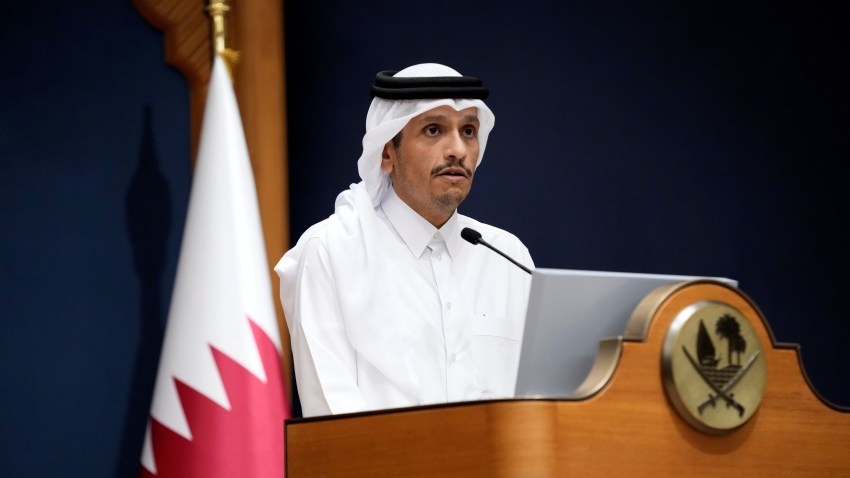The war between Israel and Hamas has given Qatar’s political standing a boost and is driving increased Gulf Arab cooperation on the Israel-Palestine conflict. Among all the regional actors that have stepped up their diplomatic efforts in the aftermath of Hamas’ unprecedented assault on Israel on Oct. 7, Qatar stands out for having achieved results in its role as intermediary in the hostage-for-prisoner exchange deal between Hamas and Israel. Though the truce that enabled those exchanges has now ended, negotiations in Doha between all parties continue.
The political limelight that accompanied Qatar’s success initially frustrated some of Doha’s Gulf Arab neighbors. But as the war continued, Gulf countries came to see some benefits for themselves in Qatar’s actions, leading to some coordination among them. As a result, the war has become a milestone in intra-Gulf relations, marking a new era that is in sharp contrast to that of the crisis of 2017-2021, when Saudi Arabia and the United Arab Emirates led a blockade on Qatar.
Seasoned Mediator
Qatar regards mediation across intractable political fault lines as among its strongest selling points in global diplomacy, having engaged in this role since the late 2000s. Among other milestones, in 2008 the Doha Agreement brought together Lebanon’s two rival political coalitions to agree on a roadmap that paved the way for the election of a new president, rescuing Lebanon from a political vacuum at the time. Between 2007 and 2010, Qatar played a role in mediating between the Houthis and the Yemeni government. In 2011, Qatari mediation resulted in the signing of the Doha Document for Peace in Darfur. And in 2012, Qatar tried to mediate between Hamas and the Palestinian Liberation Organization, with its former emir, Sheikh Hamad bin Khalifa Al Thani, becoming the first head of state to visit Gaza after Hamas took control of the territory in 2007.

